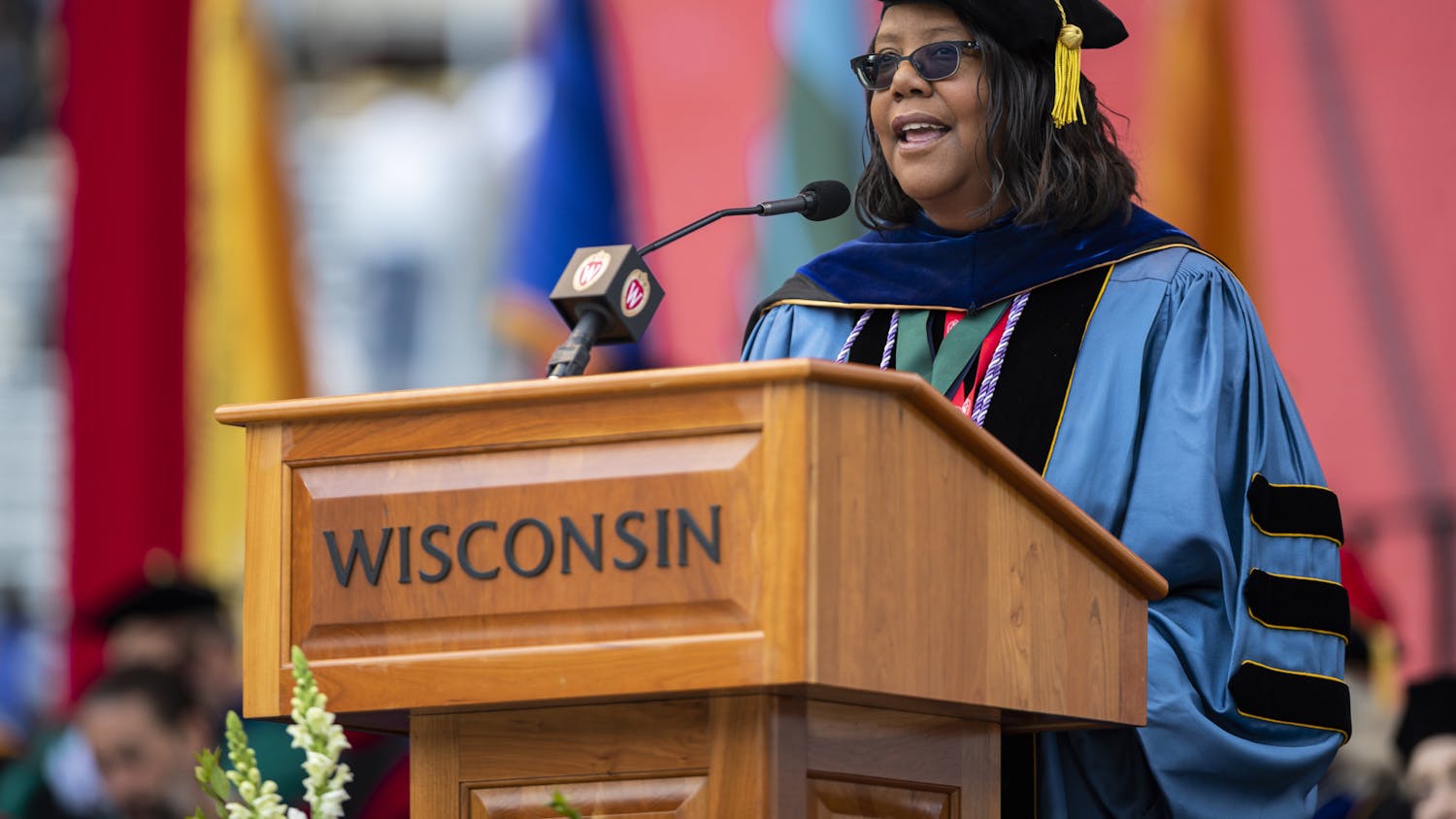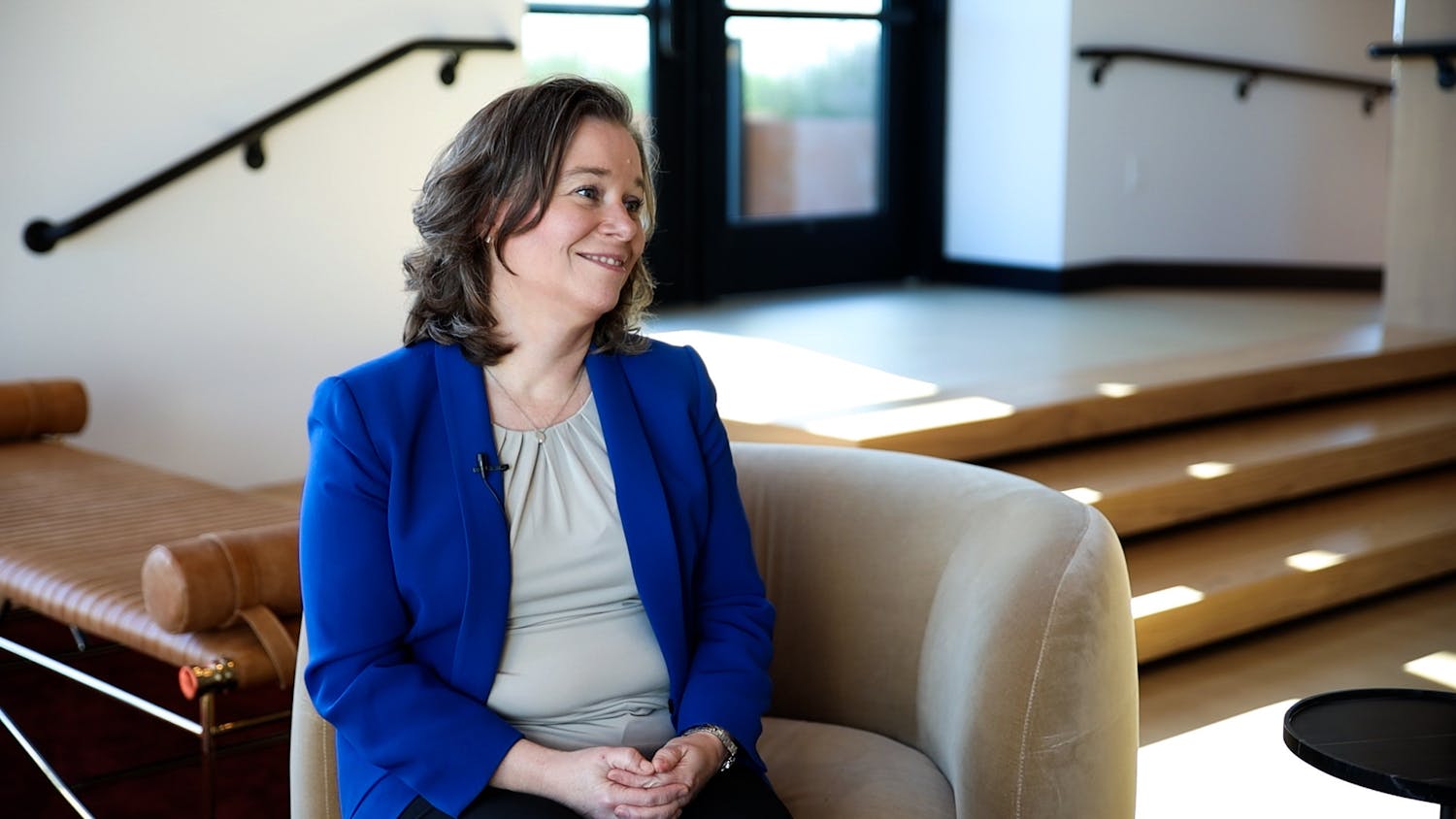UW-Madison Chancellor John Wiley often spoke out about the university, with his recent announcement highlighting how his replacement will have to work with the state Legislature.
State Rep. Spencer Black, D-Madison, said Wiley was more outspoken than previous Chancellors, but said Wiley's advocacy was often necessary. According to Black, Wiley had to speak bluntly because the state had often failed to give the university enough financial support.
Black, who is on the state Assembly's Colleges and Universities Committee, said he hoped the next Chancellor would see being a strong public advocate for UW-Madison as an important part of the job.
During the recent state budget process, Wiley directly sent letters to the state Legislature, saying the Assembly version of the budget would be damaging to all departments at UW-Madison.
According to state Rep. Terese Berceau, D-Madison, Wiley was open to working with legislators, though she said there were some legislators who often criticized the UW System.
I think anybody would find it a challenge to deal with all of the flack that comes out of Representative Steve Nass's office that is aimed at the university,"" Berceau said, referencing the chair of the Assembly's Colleges and Universities Committee.
She said it was important the next Chancellor know how to effectively deal with the state Legislature, as she said a small group of legislators would try to ""micromanage"" UW-Madison.
Mike Mikalsen, spokesperson for state Rep. Steve Nass, R-Whitewater, said Nass wishes Wiley his best and the search for a new Chancellor could also be adventageous for UW-Madison.
According to Mikalsen, Wiley stepping down in September 2008 would allow UW-Madison to decide what issues to prioritize and if a new leadership style was needed.
Mikalsen said Nass felt Wiley was open to talking with legislators, even if Nass sometimes disagreed with Wiley.
""[Wiley] was always willing to come and meet with legislators face to face,"" Mikalsen said. ""He was not afraid to talk about the serious issues being raised by members of the legislature.""
According to Mikalsen, the conflicts that sometimes arose between Wiley and legislators were constructive because they allowed for a ""fair and honest exchange"" of ideas.





